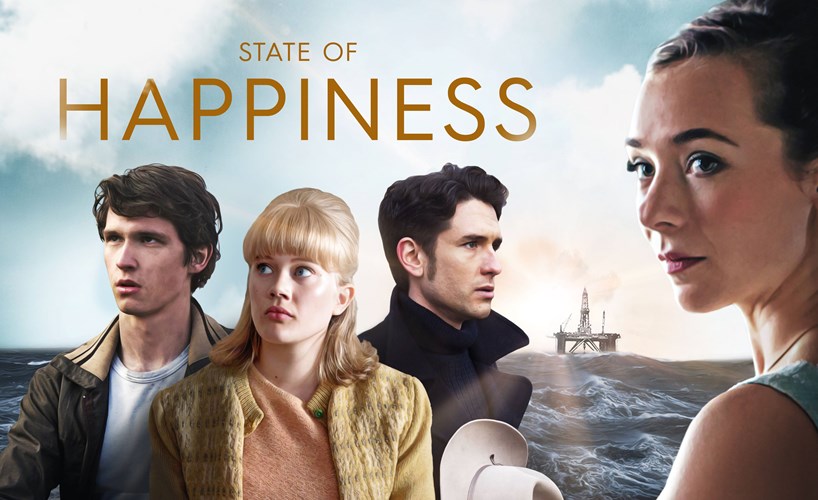Pandemics, disasters and a State of Happiness
I’ve been reading the Demos report ‘Resilient Nation’ and pondering what it tells us about the ‘New Normal’ after the pandemic. It was written in 2009 but to call it prescient is to miss its own point: disasters happen all the time. It’s just that we have built institutions that can’t cope with them.
What it says matters to me because I instinctively feel there is a new normal out there that is more local, more flexible and more community-centred. But it won’t happen unless we make the case for it.
Early on in the report it talks about the 2001 Foot and Mouth outbreak. One of the key causes of that event was how food processing had become so centralised in the name of efficiency. It’s why I wince whenever I see the UK farming industry talk about its efficiency in food production. A less cost-conscious, more local food chain that put greater emphasis on wider environmental impacts would mean we paid more for a loaf of bread. But probably much less in terms of our health and the environment in the long run.
The report also talks about how institutions communicate during crises – and how we process and act on information in terms of stress. Here I am reminded of the Grenfell Tower disaster. It was an immense tragedy for those affected but it also delivered a massive lesson in how big bureaucratic machines need to adapt to new realities. It was painful seeing the Local Council fail to act as lead volunteer in the emergency response because it wasn’t prepared and because its capacity to act was crippled by a safeguarding culture that wasn’t equipped for dealing with mass events. It was painful watching news briefings where senior officers from the emergency services continued to report confirmed deaths in single figures when the evidence of our eyes told us it was going to be closer to the hundreds. Because that is what their processes told them to say. There’s a hint of this, too, in the reaction of the RNLI to the easing of the Coronavirus lock-down. A big, national organisation apparently struggling to respond in an agile, pro-active way to fast moving events that they are not necessarily at the centre of but where their help is critical to good outcomes. The Coronavirus Pandemic, just like all these previous crises, has challenged big bureaucracies to learn how to communicate effectively in a digitally connected world of empowered, informed citizens who demand not just to be fed information but to be part of its production.
The Demos report tells us that every emergency is local:
‘in contrast, a formal civil defence organisation will, over time become part of a complex set of institutional structures… it will mean those individuals and organisations will begin to look the wrong way – towards the state rather than the public they are serving.’
The answer, according to Demos, and, well, to common sense, is for decentralisation and empowerment. Enabling communities to provide the answers to the challenges they face.
Now, what has all this got to do with a TV mini-series about love and politics in a Norwegian oil town? It’s not just a gratuitous excuse to mention the best binge-watch of the lockdown. It reminds me, too, of the decision by the Norwegian government – clearly momentous and risky at the time – to pool the benefits of their oil boom for the long term shared benefit of all of their citizens. It was brave because they took a risk and thought of long term needs of their community ahead of the demands of global economic super powers.
The Demos report exposes the root cause of system weakness in our modern consumer society as being the primacy of self. The need for immediate satisfaction from owning and consuming ‘stuff’. Perhaps the best starting point for creating a resilient system is to count our current blessings and to make sure we marshal them for the future rather than simply bingeing them away in pursuit of a state of happiness that never quite seems to be delivered.

